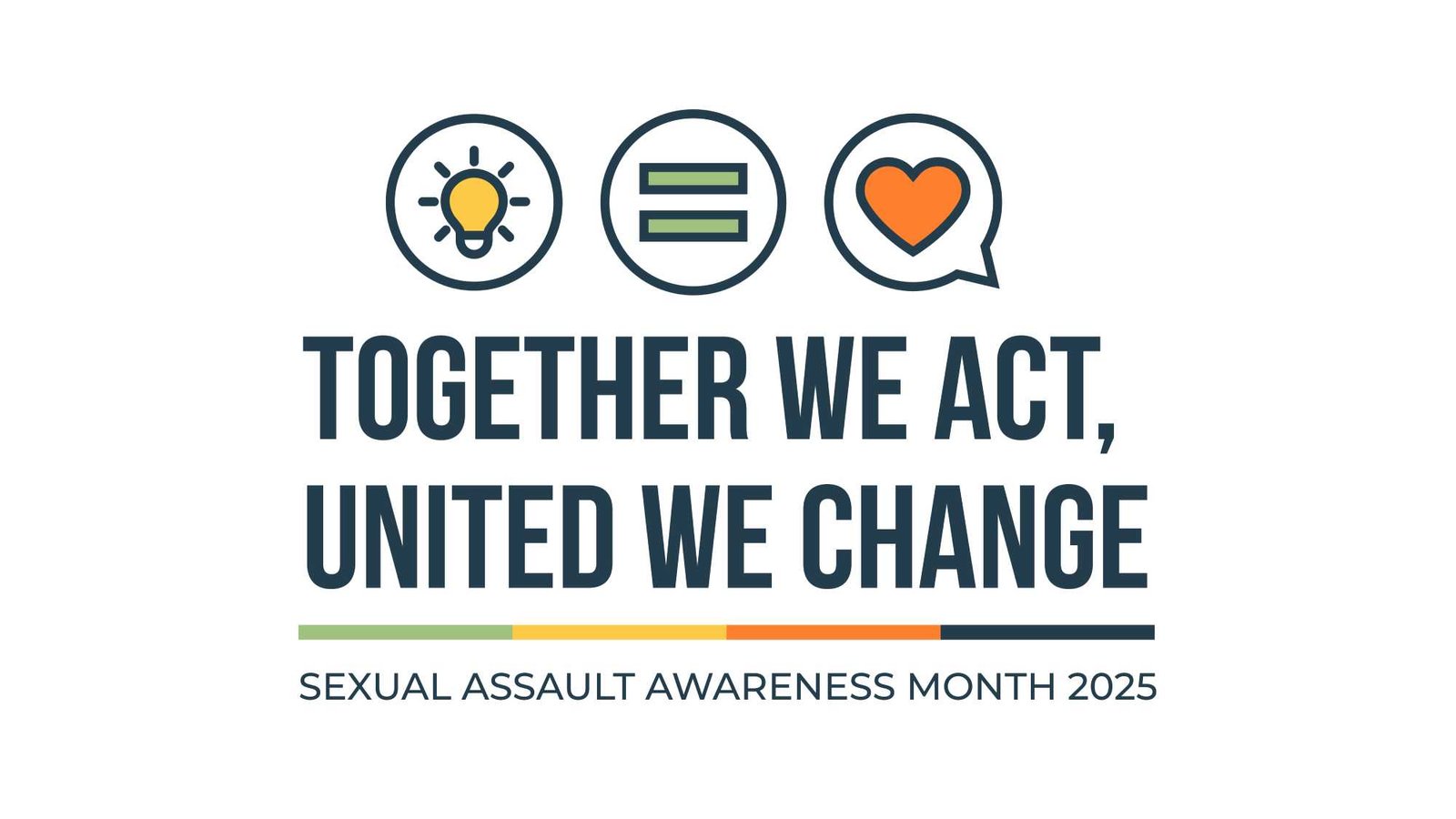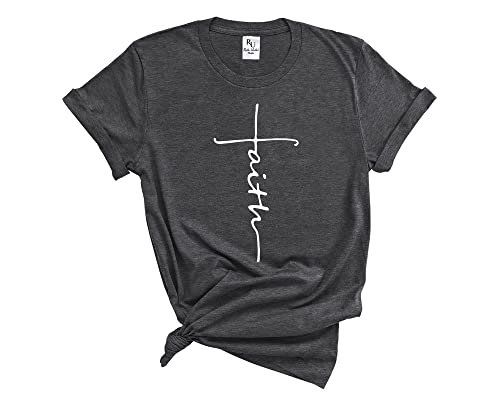The term “National Rape Day” has generated a lot of fear, anger, and confusion on the internet, particularly after a TikTok rumor went viral in 2021. The reality is straightforward: this day does not exist, and the idea came from a harmful social media trick. Nevertheless, the worry it created shows how fast false information can spread and emphasizes the importance of being safe online.
In this article, we’ll break down the origins of the hoax, explain why spreading it can be harmful, share practical safety tips, and provide resources for survivors.
What is ‘National Rape Day’?
The term “National Rape Day” refers to an online rumor that claimed a group of men had “declared” a specific day for committing sexual assault without consequences. It first appeared on TikTok in April 2021 and spread rapidly through reaction videos, news coverage, and alarmed social media posts.
Key facts:
- No official recognition — it’s not a real day in any legal or cultural calendar.
- Originated online as a TikTok hoax.
- Criminal consequences — sexual assault is illegal everywhere and punishable by severe penalties.
“We take these rumors seriously, but want the public to know this is misinformation. Any act of sexual violence will be met with immediate legal action.” — Statement from various U.S. police departments in 2021
How the ‘National Rape Day’ Hoax Started
The alarm started on April 24th when several TikTok users shared videos suggesting that men were urging one another to engage in sexual assault. Rather than coming from real perpetrators, these posts seemed to serve as alerts. Unfortunately, the alerts quickly spread online, inadvertently spreading the false information further.
Timeline of events:
- Early April 2021 – Initial posts about a so-called “Rape Day” emerge.
- Mid-April – Reaction and warning videos go viral.
- Late April – Law enforcement agencies issue public statements debunking the rumor.
- Aftermath – Continued social media discussions, with many advocating for awareness against sexual violence.
This incident serves as a case study in digital misinformation. People often share alarming content to protect others, but without verifying its truth, they risk spreading fear.
Why Spreading the Myth Can Be Harmful
While the intention behind sharing warnings may be good, it has unintended consequences:
- Creates unnecessary fear and anxiety — especially among women and vulnerable communities.
- Distracts from real prevention efforts — genuine sexual assault awareness campaigns may be overshadowed.
- Accidentally promotes dangerous ideas — naming a specific date can give criminals harmful inspiration.
Similar viral hoaxes:
| Year | Hoax | Impact |
| 2017 | “Blue Whale Challenge” | Caused widespread panic among parents, later found to be exaggerated. |
| 2018 | “Momo Challenge” | Fake suicide challenge that alarmed schools worldwide. |
| 2021 | “National Rape Day” | Sparked fear, trended globally despite being false. |
Legal Perspective on Sexual Violence
In every state of the U.S., sexual violence is considered a grave crime. There is no protection, no “get out of jail free” option, and no time when these actions are acceptable.
Penalties for sexual assault (U.S. examples):
| State | Prison Sentence Range | Sex Offender Registration |
| California | 3–8 years | Mandatory |
| Texas | 2–20 years | Mandatory |
| New York | 5–25 years | Mandatory |
Bottom line: Sexual assault is illegal everywhere, and perpetrators face severe legal consequences.
Staying Safe – Practical Tips
While “National Rape Day” is a hoax, it’s always smart to practice safety — both online and offline.
Personal safety tips:
- Stay aware of your surroundings, especially in unfamiliar areas.
- Whenever going out try to share your location with a trusted friend.
- Carry safety tools like pepper spray, alarms, or a whistle.
Online safety tips:
- Don’t share unverified rumors — fact-check first.
- Adjust privacy settings on social media.
- Block and report suspicious accounts.
Community safety actions:
- Organize awareness events.
- Support survivors through donations or volunteer work.
- Promote educational programs in schools and workplaces.
Resources for Survivors of Sexual Violence
If you, or someone you are aware of, has faced sexual violence, support is accessible at any hour of the day or night, and it is confidential.
U.S. Resources:
- RAINN (National Sexual Assault Hotline): 1-800-656-4673
- Online Chat: www.rainn.org
- Local police departments and crisis centers
Global Resources:
- UK: National Rape Crisis Helpline – 0808 500 2222
- Canada: Talk4Healing – 1-855-554-HEAL (4325)
Lessons Learned from the National Rape Day Hoax
The biggest takeaway from this event is the importance of digital literacy. In a world where news spreads in seconds, everyone has a role in fact-checking before sharing.
- Don’t amplify harmful rumors.
- Share verified safety tips instead of panic-driven content.
- Support real initiatives for sexual assault prevention and survivor assistance.
Final Thoughts
The term “National Rape Day” is nothing more than a dangerous online hoax. But it sparked important conversations about social media responsibility, sexual violence prevention, and community safety.
Instead of letting fear take over, we should focus on awareness, education, and action. Every share, post, and conversation should help create a safer world — not fuel unnecessary panic.
“The best defense against fear and misinformation is knowledge.”












Leave a Reply